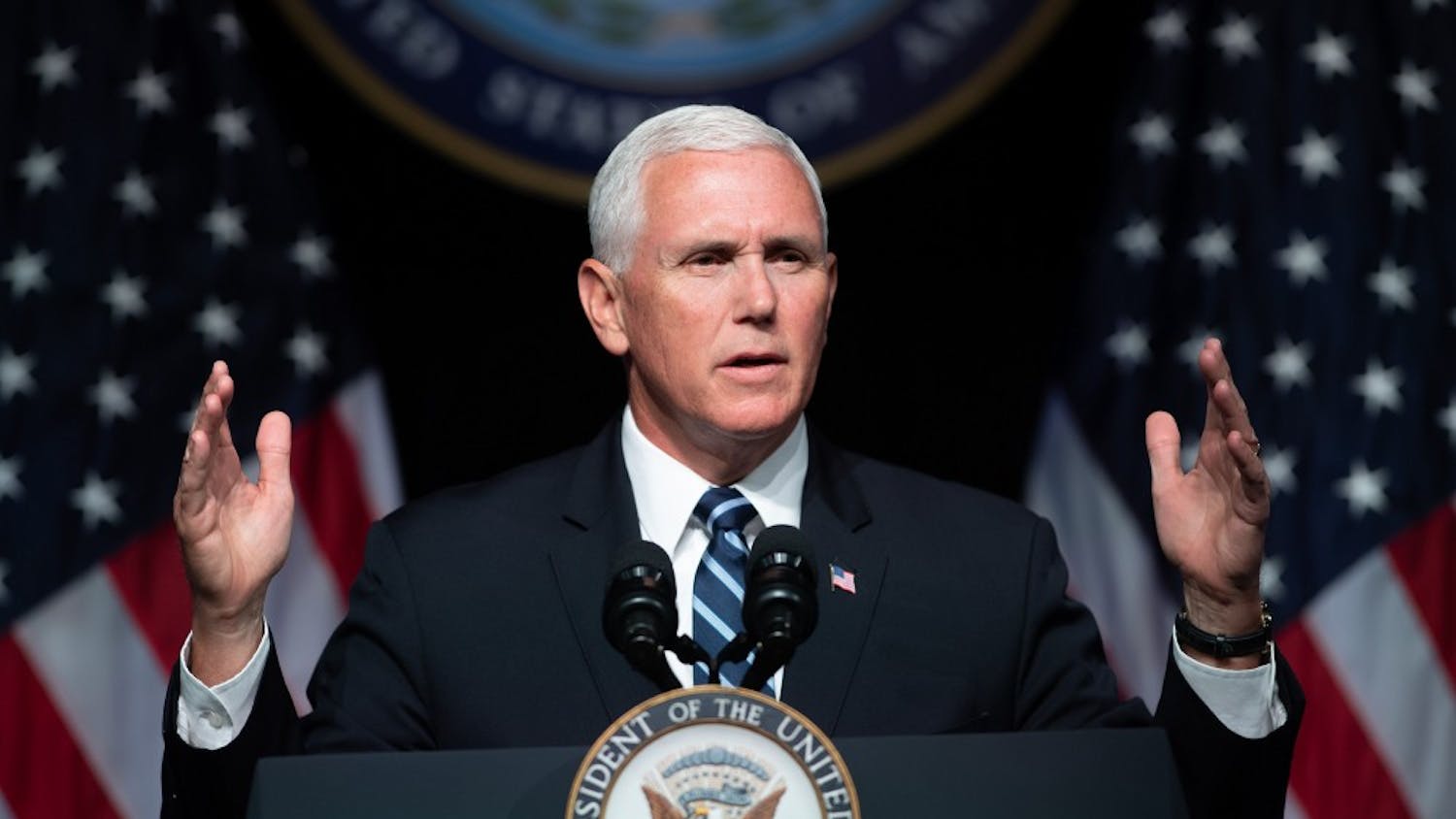President Donald Trump recently proposed the first U.S. land acquisition since 1947.
In August, the Wall Street Journal reported on the Trump Administration’s apparent interest in purchasing Greenland from the Kingdom of Denmark.
The notion was completely dismissed by the Danish government, and any future change in that seems unlikely.
Many have called this move unprecedented, but Trump defended the idea by reminding the nation that President Truman made a similar offer to Denmark immediately after World War II.
“It’s very much in line with how America has acquired land,” Ben Wetzel, assistant professor of history, said on the matter. “For better or worse, the idea of acquiring Greenland is actually in keeping with American history, broadly understood.”
The United States has purchased land from other nations multiple times throughout its history. The Louisiana Purchase and the current U.S. territories of Puerto Rico and Guam are just a few examples of U.S. land purchases.
However, Wetzel does not wholeheartedly support the attempt to purchase Greenland. He commented on how the public approval of United States imperialism waned throughout the first half of the 20th century. After World War II, it was essentially dead.
“This could be seen as the United States attempting to extend its hegemony or its footprint throughout the world,” Wetzel said. “I think it would only serve to exacerbate the problems that already exist.”
Wetzel also highlighted other issues with the purchase such as the hypothetical territory’s legal status in the U.S. and how the process would work between the presidency, congress and any other domestic parties involved.
Nicholas Kerton-Johnson, associate professor of political science and international relations, also contributed to the discussion.
“It makes strategic sense,” Kerton-Johnson said, referring to the many advantages the United States could acquire from Greenland.
However, Kerton-Johnson shared a number of hesitations.
He agrees with Wetzel that after the events of World War II, the concept of the empire faded away in favor of individual sovereign nations. Since each nation holds sovereignty within its own borders, current political thought disapproves of attempts by another nation to wrest power away from the people of that land.
“It’s an unusual thing to talk about in the 21st century,” Kerton-Johnson said.
Both Wetzel and Kerton-Johnson also agreed that any conversation about ownership of Greenland should include the voice of Greenland’s people. The U.S. administration has only made contact with the Danish government.




